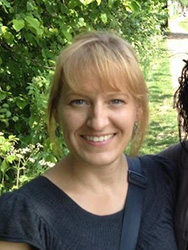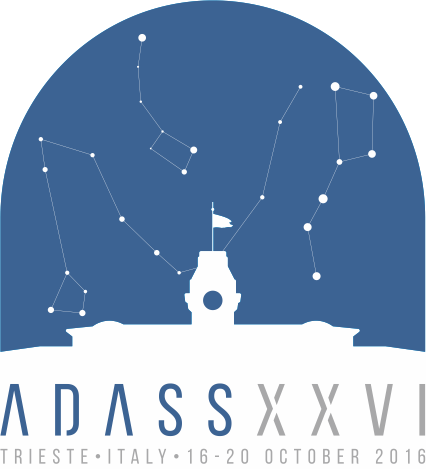Karick Arna
Contact

- Position:
- Freelance
- Address
- Australia
Miscellaneous Information
- Miscellaneous Information
-
Abstract Reference: 30287
Identifier: O14.1
Presentation: Oral communication
Key Theme: 8 Other
Building a community of tech savvy astronomers in the era of “big-data" and "data science"Authors:
Karick ArnaThe rise of “big data” and “data science” in the technology industry and its prevalence in academic research is creating a new generation of savvy astronomers, eager to explore new approaches, and embrace new techniques and digital tools and to manipulate, explore, analyse, interpret complex datasets.
Through tech-focussed conferences, collaborative coding, and hack events, the next-generation astronomers now have a broader range of research, programming and software development skills in their arsenal than traditionally required. Events such as Python in Astronomy; DotAstronomy; Astro Hack Week; AAS, NAM and SPIE Hack Days, Space Hack, SciCoder and ANITA workshops bring together a diverse community of astronomers, instrument scientists, software developers, data archivists, wranglers, and educators. They provide a forum for discussing the latest tech tools, sharing skills and increasing digital literacy, promoting best practises in scientific computing, and the opportunity for astronomers to create innovative research and outreach tools in a collaborative environment.
This tech-focussed philosophy of how astronomy research could be done, has enormous benefits to “big-data” astronomy research, for example better-handing of SKA, LSST and JWST data processing and products, and tools development to maximise early science discoveries and societal impact. With examples, I will show how momentum is slowly building in this space and highlight the many benefits that come with this new philosophy; from bridging the gap between astronomers, instrument scientists, software developers and the wider ADASS community, to increasing engagement with the tech industry, enhancing everyday astronomy research projects, and providing early career researchers with the critical tech and data science skills needed for alternative career paths in other sectors.



